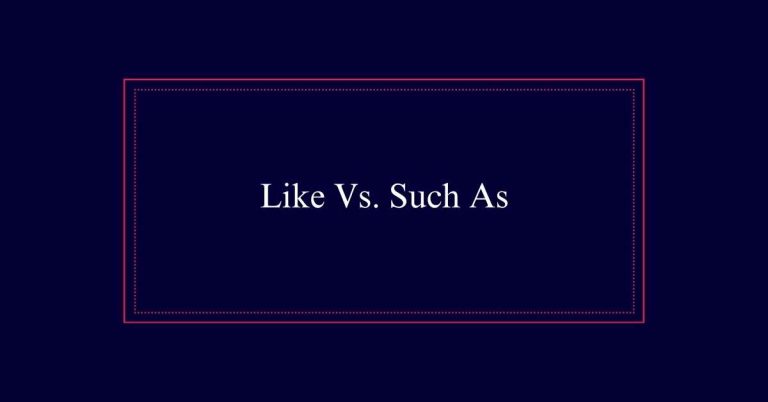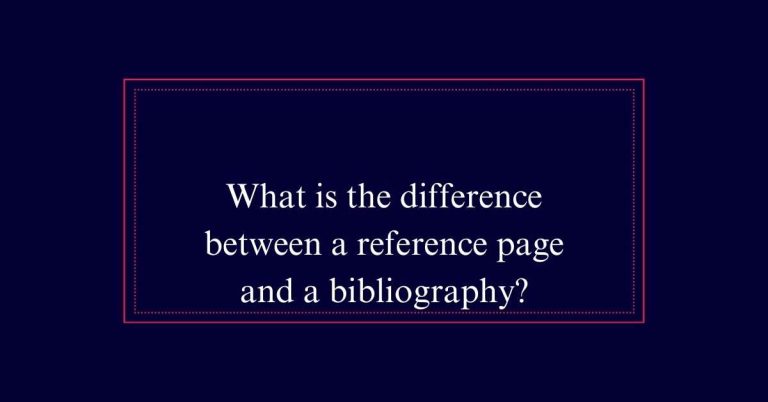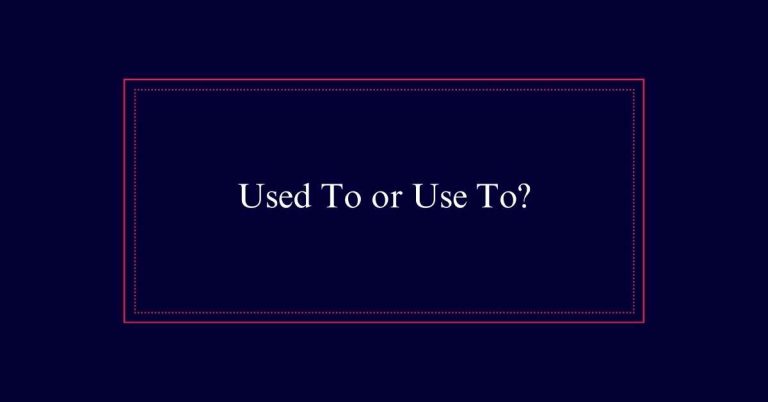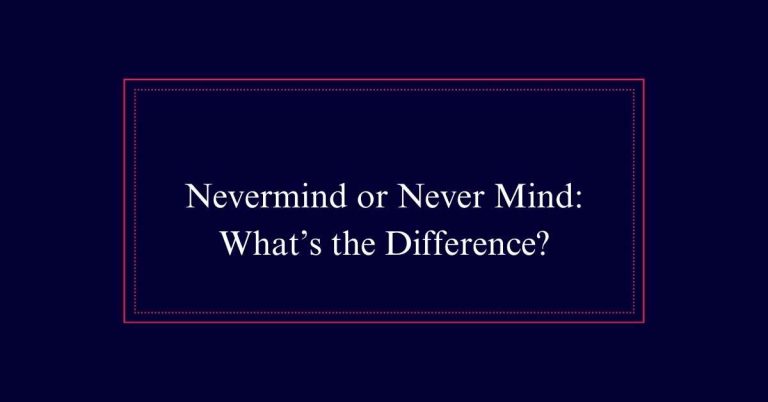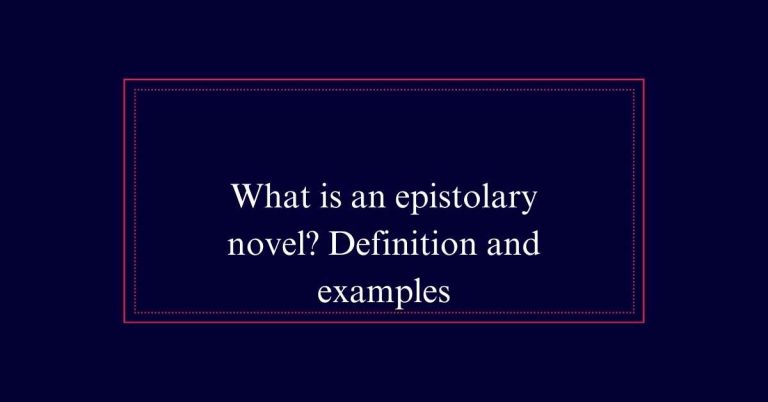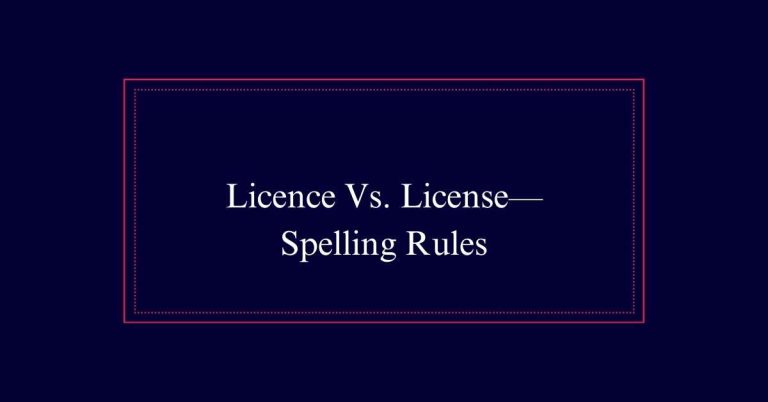Minuscule or Miniscule: Which Is Correct?
The correct spelling traditionally is ‘minuscule,’ derived from the Latin word ‘minusculus,’ meaning very small. ‘Minuscule’ is commonly used in formal writing to describe something extremely tiny or insignificant. However, ‘miniscule,’ influenced by the prefix ‘mini-,’ has emerged as a variant since the 1940s. Though some dictionaries recognize ‘miniscule,’ it is often criticized for being etymologically inaccurate.
Most style guides and academic contexts prefer ‘minuscule’ for its precision. To guarantee clarity and correctness, especially in formal writing, ‘minuscule’ is generally the better choice.
Definition of Minuscule
Defining minuscule, it means something that is very small. It refers to objects or quantities that are tiny or minute. The term is widely accepted in English and is properly spelled as ‘minuscule.’
Dictionaries consistently define it as representing something of very small size. In literature and print, it is used to describe tiny fragments or minute details, such as ‘minuscule insect fragments.’
The word is aptly applied in various contexts to indicate something that is insignificant in size. It is important to use ‘minuscule’ correctly to convey the intended meaning of being exceptionally small. This precise definition helps maintain clarity in written and spoken communication.
Examples of Minuscule Usage
Minuscule is frequently used in literature to describe objects or details that are exceptionally small. Writers often employ this term to highlight the tiny nature of various entities. For instance, the phrase “minuscule insect fragments” effectively conveys the smallness of the fragments being discussed. Below are additional examples showcasing the usage of “minuscule”:
| Example Sentence | Context |
|---|---|
| The minuscule seeds were barely visible to the naked eye. | Describing tiny seeds |
| Scientists found minuscule traces of uranium in the sample. | Scientific discovery |
| Her handwriting was minuscule, requiring a magnifying glass. | Describing small handwriting |
| The impact on the environment was minuscule. | Environmental context |
| He had a minuscule chance of winning the lottery. | Describing low probability |
These examples demonstrate how “minuscule” is used to denote extremely small sizes or quantities in various contexts.
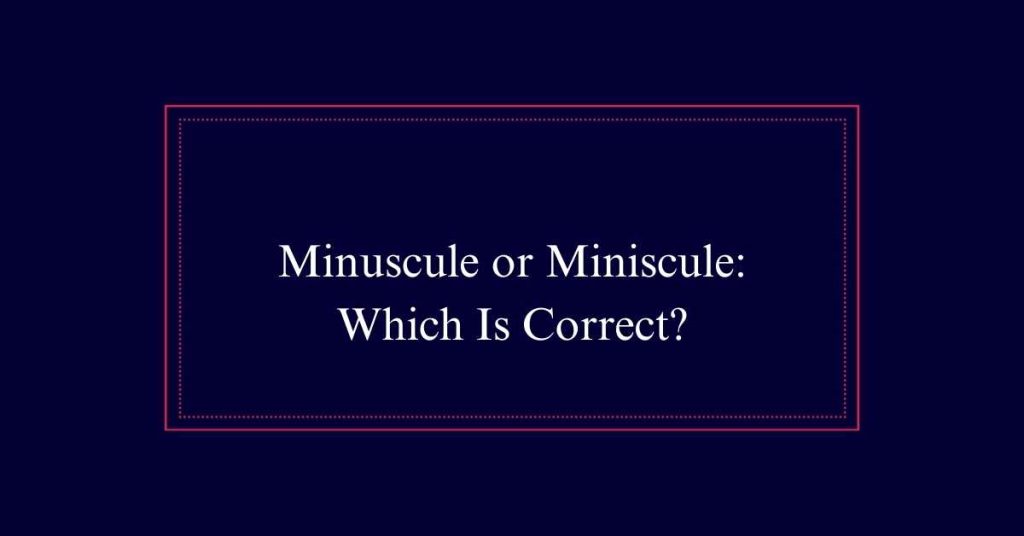
Origin of Miniscule
While ‘minuscule’ is well-established, ‘miniscule’ has emerged as a newer variant. The term ‘miniscule’ is derived from the prefix ‘mini-‘, which means small. This newer spelling began to appear in edited prose around the 1940s.
Some dictionaries have recognized ‘miniscule’ as an alternative spelling, although it is less widely accepted than ‘minuscule’. The emergence of ‘miniscule’ can be attributed to the natural evolution of language and the influence of similar-sounding words.
Despite the criticisms it faces, ‘miniscule’ has found its place in modern usage. This variant continues to be used frequently in various contexts, reflecting the dynamic nature of the English language.
Criticism of Miniscule
Many language purists criticize the spelling ‘miniscule’ as incorrect. They argue that it deviates from the original Latin root ‘minusculus,’ which means very small. This deviation is seen as an unwelcome alteration of the English language. Critics point out several reasons:
- Etymological Inaccuracy: ‘Miniscule’ does not align with the word’s Latin origin.
- Traditional Preference: ‘Minuscule’ has historically been the accepted spelling.
- Perceived Error: Some view ‘miniscule’ as a spelling mistake rather than a variant.
- Lexical Precision: Language experts prefer consistency in spelling for clarity.
Despite these objections, ‘miniscule’ continues to find its way into usage, reflecting evolving language trends. Nonetheless, the debate over its correctness persists among linguistic circles.
Minuscule Vs. Miniscule
Frequently, the debate between ‘minuscule’ and ‘miniscule’ centers on their etymological roots and modern usage. ‘Minuscule’ originates from the Latin word ‘minusculus,’ meaning very small. It is the traditional and widely accepted spelling.
In contrast, ‘miniscule’ emerged more recently, likely influenced by the prefix ‘mini-,’ and is seen as an alternative spelling. While ‘miniscule’ appears in many dictionaries, it is often marked as a variant. Some language purists criticize it, arguing that it deviates from the original Latin. However, it has gained some acceptance over time.
Despite this, ‘minuscule’ remains more popular and is generally preferred in formal writing. Understanding these differences helps writers choose the spelling that best suits their context.
Miniscule in Writing
Writers sometimes choose ‘miniscule’ in their prose despite its controversial status. This variant spelling appears in various contexts, showing its gradual acceptance in writing.
Examples include:
- Descriptions of small levels of uranium in scientific reports.
- References to a ‘miniscule number of super-artists’ in entertainment journalism.
- Use in edited prose since the 1940s.
- Adoption in some modern dictionaries as an alternative spelling.
The persistent use of ‘miniscule’ in professional writing indicates that it is gaining traction. This trend reflects the fluid nature of language and how usage can influence acceptance.
While ‘minuscule’ remains the preferred form, ‘miniscule’ continues to carve out its space in contemporary literature.
Acceptance in Dictionaries
The gradual acceptance of ‘miniscule’ in professional writing has prompted some dictionaries to recognize it as a variant spelling. Initially, ‘minuscule’ was the only accepted form, meaning very small.
Over time, the frequent use of ‘miniscule,’ likely influenced by the prefix mini-, led to its inclusion in some dictionaries. These dictionaries list ‘miniscule’ as an alternative spelling, despite ongoing criticism from purists. This shift reflects changes in language usage and the role dictionaries play in documenting evolving linguistic trends.
‘Miniscule’ started appearing in edited prose as early as the 1940s. Today, while ‘minuscule’ remains the preferred form, the acceptance of ‘miniscule’ in dictionaries acknowledges its widespread use.
Choosing the Right Spelling
Choosing between ‘minuscule’ and ‘miniscule’ often depends on personal preference and awareness of their acceptance. While ‘minuscule’ is the traditional and widely accepted spelling, ‘miniscule’ has gained recognition in some modern dictionaries.
Here are key considerations when selecting the right spelling:
- Audience: Consider who will read your work. Traditionalists may prefer ‘minuscule.’
- Context: Formal writing often favors ‘minuscule,’ while informal contexts may accept ‘miniscule.’
- Consistency: Stick to one spelling throughout your document to maintain clarity.
- Criticism: Be aware that ‘miniscule’ may still face scrutiny from some readers.
Ultimately, the choice is subjective, but understanding the nuances can guide better decisions in writing.
Frequently Asked Questions
Does the Pronunciation Differ Between ‘Minuscule’ and ‘Miniscule’?
The pronunciation of ‘minuscule’ and ‘miniscule’ does not differ greatly. Both are typically pronounced as ‘MIN-uh-skule.’ Despite the spelling variation, their phonetic expression remains largely the same in everyday usage.
Are There Regional Preferences for ‘Minuscule’ or ‘Miniscule’?
Regional preferences for ‘minuscule’ or ‘miniscule’ are not extensively documented. Both spellings are used in various English-speaking regions, though ‘minuscule’ is more widely accepted and used. Awareness of audience expectations is recommended for writers.
Is ‘Miniscule’ More Common in Any Specific Types of Writing?
Miniscule” appears more frequently in informal writing and personal communications. Although less accepted in formal contexts, its use has been noted in various types of edited prose, reflecting its growing acceptance despite ongoing criticism.
How Do Language Experts View the Use of ‘Miniscule’?
Language experts generally view ‘minuscule’ as the correct spelling, while ‘miniscule’ is often criticized despite its usage. Some dictionaries accept ‘miniscule’ as a variant, but it remains less popular and subject to debate.
Can Using ‘Miniscule’ Affect the Perception of a Writer’s Credibility?
Using ‘miniscule’ can affect a writer’s credibility, as it is a less accepted variant spelling. While some dictionaries list it, many critics view it unfavorably. Writers should consider their audience’s preferences and expectations.

